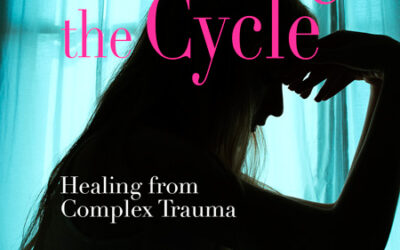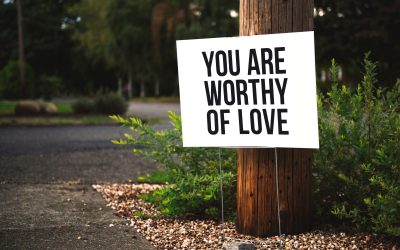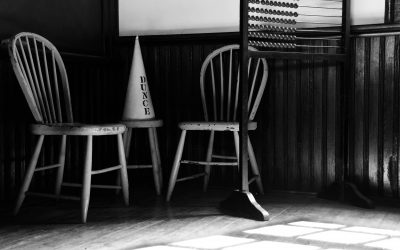Know anyone who routinely overreacts? You never know how they’ll act.
Maybe you avoid talking to them–too much drama. Or you engage and immediately regret it. It seems they are always in the middle of a capital-C Catastrophe. Or at least, inviting one.
Is it a personality problem, or is it more? They could be dealing with the results of trauma.
Survivors of trauma feel distress even years after experiencing harrowing events. They develop conditions like depression, anxiety, PTSD, eating disorders, obsessive-compulsive disorder, and more. Some self-harm, or attempt suicide. Their lives are full of tragedy, and they probably don’t even realize their behavior is destructive both to themselves and others.
Cognitive behavioral therapy (CBT) helps trauma survivors stop catastrophizing. It can help resolve daily struggles without delving into the deep past, which can be re-traumatizing.
Instead, the therapy focuses on what’s happening now, today. This can bring a welcome change–a reframing of daily experiences to avoid overwhelming negativity and incongruent behaviors. From Psychology Today:
“CBT focuses on present circumstances and emotions in real time, as opposed to childhood events… The emphasis is on what a person is telling themselves that might result in anxiety or disturbance. A person is then encouraged to address rational concerns practically, and to challenge irrational beliefs, rumination or catastrophizing.”
Three Examples of CBT in Action
Years ago, as I worked through depression and anxiety resulting from my own trauma, my therapist took me through a full course of CBT. We covered lots of ground, but these are three examples that stand out to me.
Objectively choose how to behave. Back in the early 2000s, the world was dealing with post 9/11 changes, in the economy, in heightened security, and in the overall mood of the U.S. citizens. On top of that, I was post divorce.
My career was suffering, because I no longer knew how to react to the words and behaviors of others. I was dealing with depression and constant anxiety over my own survival, both financially and as a newly partner-less person.
My therapist helped me realize that I had a choice in how to react to others’ actions. We drew a diagram separated into three parts; each part identified how invested I was in the relationship with the person whose action concerned me.
In the first part, the person had the ability to impact my life (positive or negative). I cared about the person, and it was a relationship I wanted to maintain. In the second, it was a person who I neither cared about nor disliked. It was basically a less important relationship, but in general not one I felt any specific way about. The third category was for someone I felt no need to put energy into maintaining a relationship with.
I started considering these categories as I decided how to respond to people’s words and actions. It worked so well. Even the pause it invariably placed between their words and my reactions gave me time to think. And I felt more in control of myself.
Exaggerations are completely ridiculous. In my sessions, I’d tell my therapist what had happened during the previous week, exploring my feelings. She would point out to me the potential misperceptions I had about people or experiences. If I spoke in extremes, using words like “everyone,” “always,” “never,” and “everything,” she would stop me.
“Stop catastrophizing,” she’d say, and we’d examine what I had said. Often, I had an illogical belief throwing me off. Eventually I learned to stop myself before distress set in.
What’s the worst that can happen? During that time, I was laid off from my job, along with most of the marketing department of my employer. I had never experienced anything like it before, and I was convinced I would not survive. I had near-constant anxiety about it.
I showed up at my therapist’s office, lamenting that, “I’m going to go bankrupt, or lose my house. I’ll never be able to pay my bills. How will I even afford groceries?”
“What’s the worst that can happen?” she would ask me.
At first, the question caught me off-guard. But then, the lightbulb came on. I talked through the various worst-case scenarios and began to form concrete steps I could take to address my situation. It was one of the best exercises I learned.
I still use that question today, but usually I ask it when someone else in my life is catastrophizing. I might as well help them out.
What do you think? Have you ever caught yourself catastrophizing? Join the discussion in the comments.











0 Comments